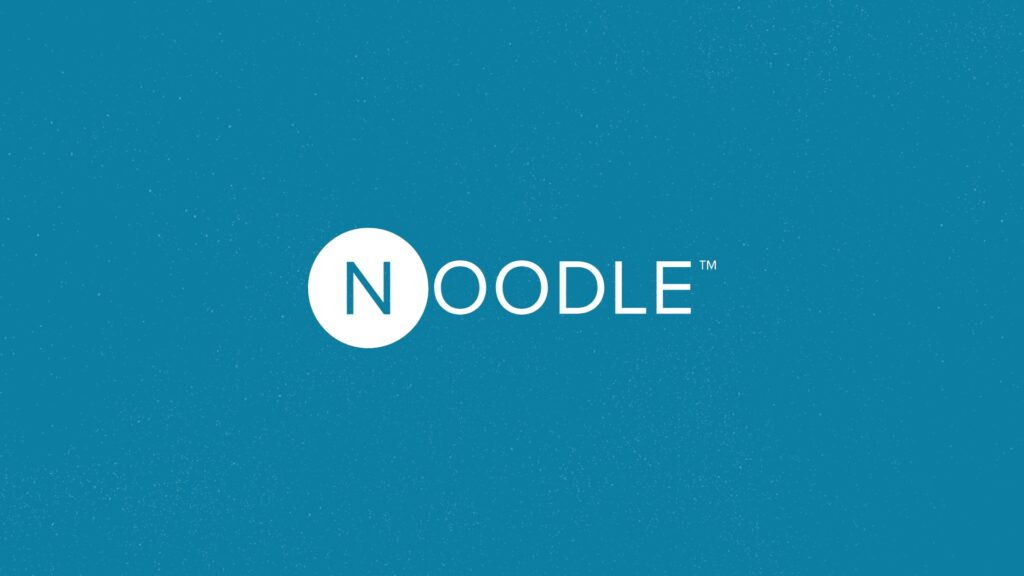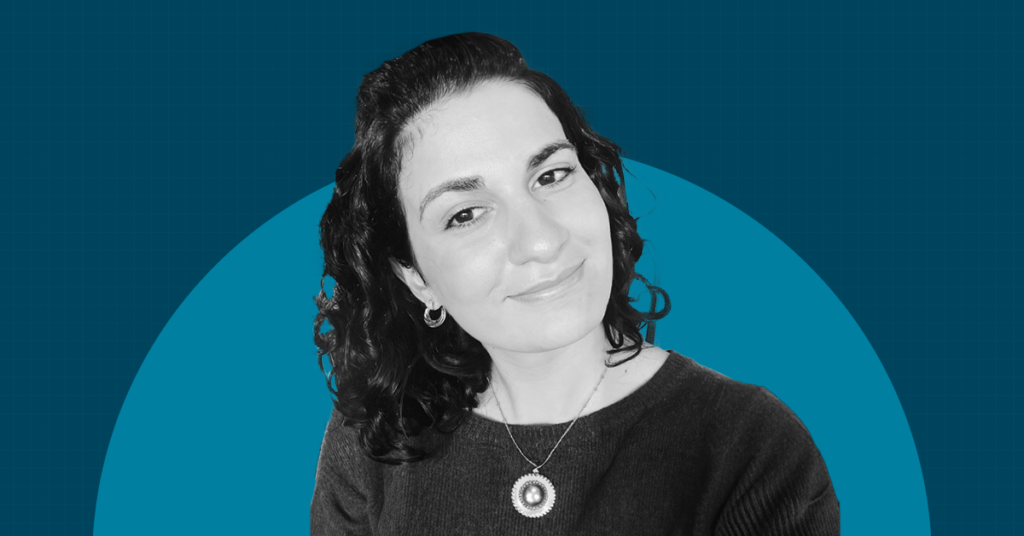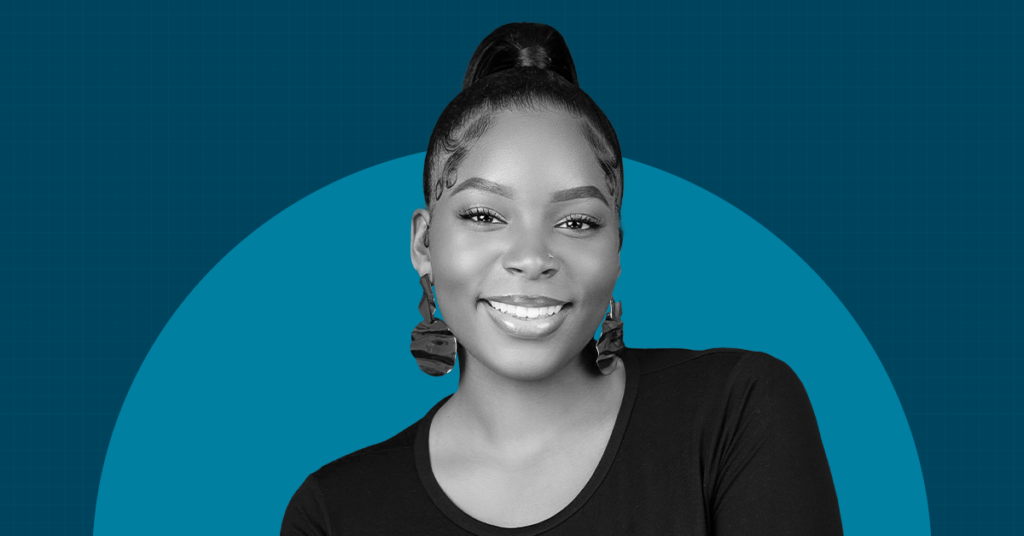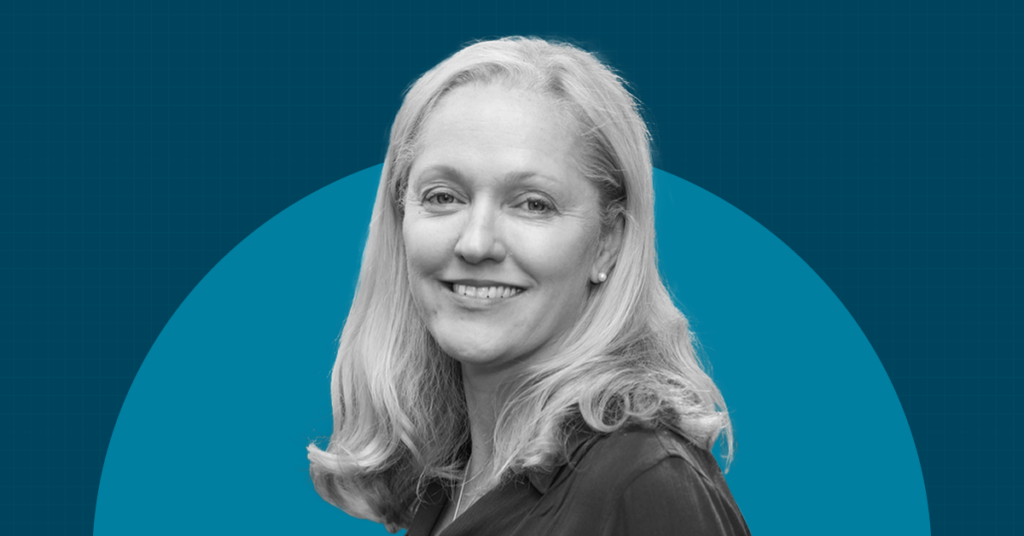Jarumi Crooks is an Enrollment Advisor in the Philadelphia office for the Howard University Executive MBA program. Prior to joining Noodle, he worked in internal recruitment for a Fortune 100 financial services company as well as recruitment and HR for a boutique educational search organization. Crooks also brings six years of higher education admissions and recruitment experience from both the University of Pennsylvania and Harvard University to his position.
Meet Enrollment Advisor Jarumi Crooks
“Noodle is trying to show students that they are valued, and that what they feel is valued.”
What elements or traits does a great leader exhibit?
I would say patience, first and foremost patience. Throughout history great leaders either had patience or grew into patience. Also, an ability to understand different viewpoints, and the ability to compromise as needed. Not always, but often, compromise, especially in today’s age, is a significant piece of being a great leader.
When you think of great leadership, who comes to mind? Why?
Several names immediately come to mind. Stacey Abrams, that great politician, voting rights activist, lawyer, and author. It was amazing to see that through hard work she catalyzed the change in Georgia that all the “experts” were sure was impossible. Another would be early civil rights leader A. Phillip Randolph. As head of the Brotherhood of Sleeping Car Porters in 1941, he planned a mass march on Washington to protest Black soldiers’ exclusion from World War II defense jobs and New Deal programs. Later, in 1957, Randolph stepped forward again to organize “The March for Jobs and Freedom” during which the Reverend Martin Luther King delivered his history-making “I Have a Dream” speech at the Lincoln Memorial. Bayard Rustin, who worked closely with King and with Randolph for many years, also did some amazing things. I’m also a huge sports fan and one of the great leaders in the sports world is the rugby player and heavyweight prizefighter Sonny Bill Williams of New Zealand. He has spoken out forcefully on issues over the years.
How has your personal leadership style evolved over time?
A core part of my leadership is to walk the road with the people that I’m leading. I work hard to stay in touch with the people I lead. As an Enrollment Advisor, I always want to help people move forward, and the older I’ve gotten the more I’ve learned how to guide people on which battles are worth fighting and which are not, and for that you must be close to the students you advise.
What is it about your background or career experiences that successfully positioned you for your role at Noodle?
Earlier in my career I spent 7 years working in higher education, and it taught me that you can never forget we’re there for the students. Noodle especially is a place where we want to be with our students on the enrollment side; we want to give them the facts and not let them become jaded. Noodle is trying to show students that they are valued, and that what they feel is valued. With my background in higher education, I can understand how students feel.
How do you build momentum as a leader among diverse stakeholders at Noodle?
By being frank and open. People aren’t going to trust a leader who isn’t real, so you need to show both sides of every coin. You also must let the people you’re leading speak to you as an adult, and you must be there in order to hear them, because it is only when people feel supported that they will see you as their leader.
How do you support the success of your team?
By doing the dirty work, the hard, behind-the-scenes work. If you do the dirty work in the background to make the paths clean for everyone else, it enables everyone else to then move forward. You will also be able to teach them the behind-the-scenes detail work, so, at the right moment, it will help them grow. It works almost like a relay race.
Describe how your career has been enhanced by exposure to diverse people, places, or experiences.
Early in my career, I worked as a U.S. National Park Ranger and Youth Programs coordinator at the Boston African American National Historic Site. Within the Park Service I worked with a diverse group of people, and our offices were on the same floor as people dealing with domestic abuse and domestic abuse legislation, and another organization specifically dealing with displaced LGBTQIA youth and legislation for LGBTQIA youth protection. I heard incredible stories of all kinds. The community was totally honest and open; it was a place where people were able to speak their hard truths. It taught me that diversity is not just a catchphrase; the important part is to listen and work to understand it. If you do, it will help you grow. You must let it help you grow.
What are some of the most effective tools in your leadership arsenal?
What I try – and it’s a process – is listening, being open, but at the same time understanding that there is a right and there is a wrong. In between right and wrong is a lot of gray space, and that gray space is often where people can meet to make meaningful change.
Tell us something about yourself that people would be surprised to learn.
One of the things that most folks don’t know about me is I absolutely love black and white photography. And some of my favorite photographers are Ansel Adams, Gordon Parks and Malcolm X.



